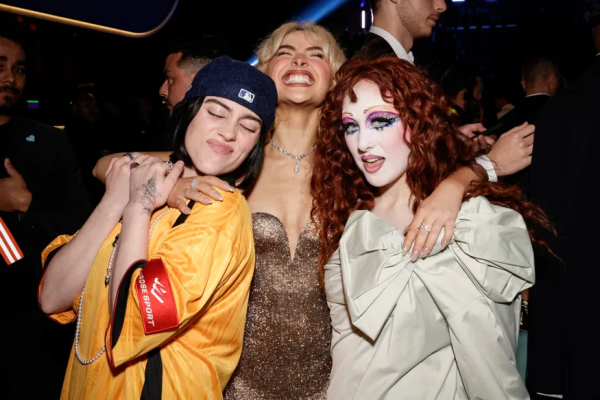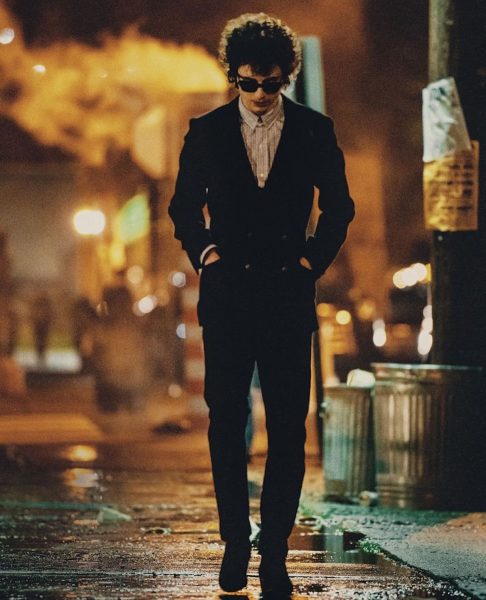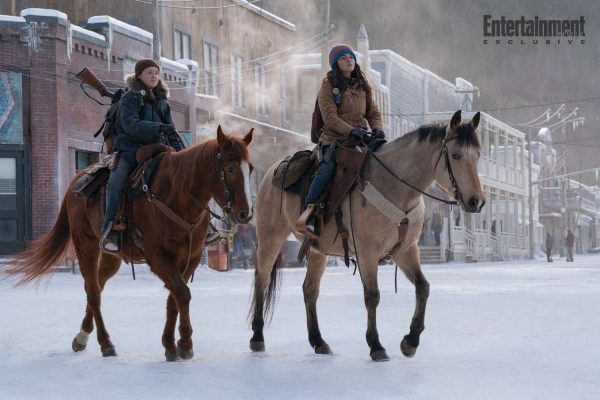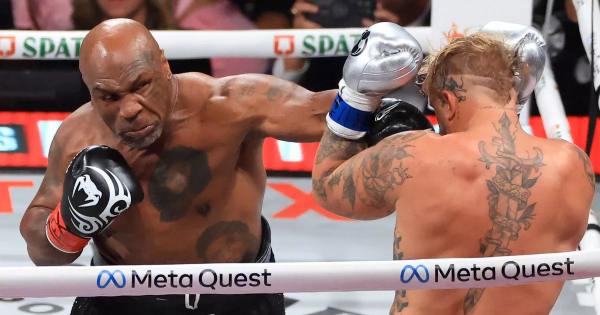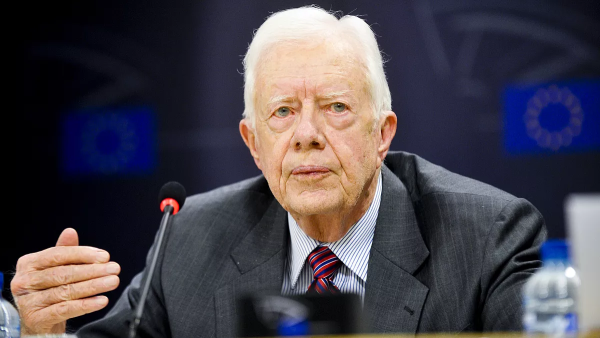“Surviving R. Kelly” Docuseries Sparks Movement
NEW YORK, NY – JULY 14: Singer R. Kelly attends the Ovadia & Sons front row during New York Fashion Week: Men’s S/S 2016 at Skylight Clarkson Sq on July 14, 2015 in New York City. (Photo by Michael Loccisano/Getty Images)
The first week of 2019, TV network, Lifetime, aired a six-part docuseries special on the infamous R&B singer, R. Kelly. The series, entitled Surviving R. Kelly, covered the singer’s alleged sexual and physical abuse of young black women.
Since his solo career began in 1993, R. Kelly, born Robert Kelly, has been plagued with scandals regarding sexual misconduct and suspected pedophilia. According to the docuseries, Kelly married the late R&B singer, Aaliyah, who was 15-years old at the time in 1994. This was a year after the release of his first solo album. All of this was alleged by Vibe magazine in 1994 when they first published the marriage certificate between R. Kelly and Aaliyah. Aaliyah allegedly forwarded to have the marriage annulled six months later.
Two decades later, Kelly still received negative attention from scandals and allegations of abuse and misconduct. Perhaps the most infamous being a pornographic video of a man, assumed to be the singer and an underage girl.
The most recent effort to bring light to a troubling pattern was the six-part docuseries, Surviving R. Kelly which had victims detail the lengths of Kelly’s abuse.
As the docuseries wrapped up many viewers were horrified at the allegations. They boiled over and eventually blended with “cancel culture” and sparked the MuteRKelly movement.
In response to the severe backlash, several streaming platforms including Spotify and Pandora have removed the Pied Piper’s records from their playlist. It has even reached the front office of his label, RCA, who will not be releasing any new music in wake of the docuseries. Several artists have also removed their songs with the singer from their catalogue.
The effects of the series can be felt everywhere and wavering opinions have drawn lines in the sand.
French Montana, a popular Hip-Hop artist, was quoted as saying, “All the greats went down like that. Let somebody enjoy their legacy. Whatever happened, happened, man. People don’t let nobody have their legendary moments.”
On the other hand, John Legend, after speaking on the docuseries said “I believe these women and don’t give a [explicit] about protecting a serial child rapist.”
The scandals of R. Kelly have sown lines of divisions and weeks after the original airing of the docuseries the effects can still be felt.



